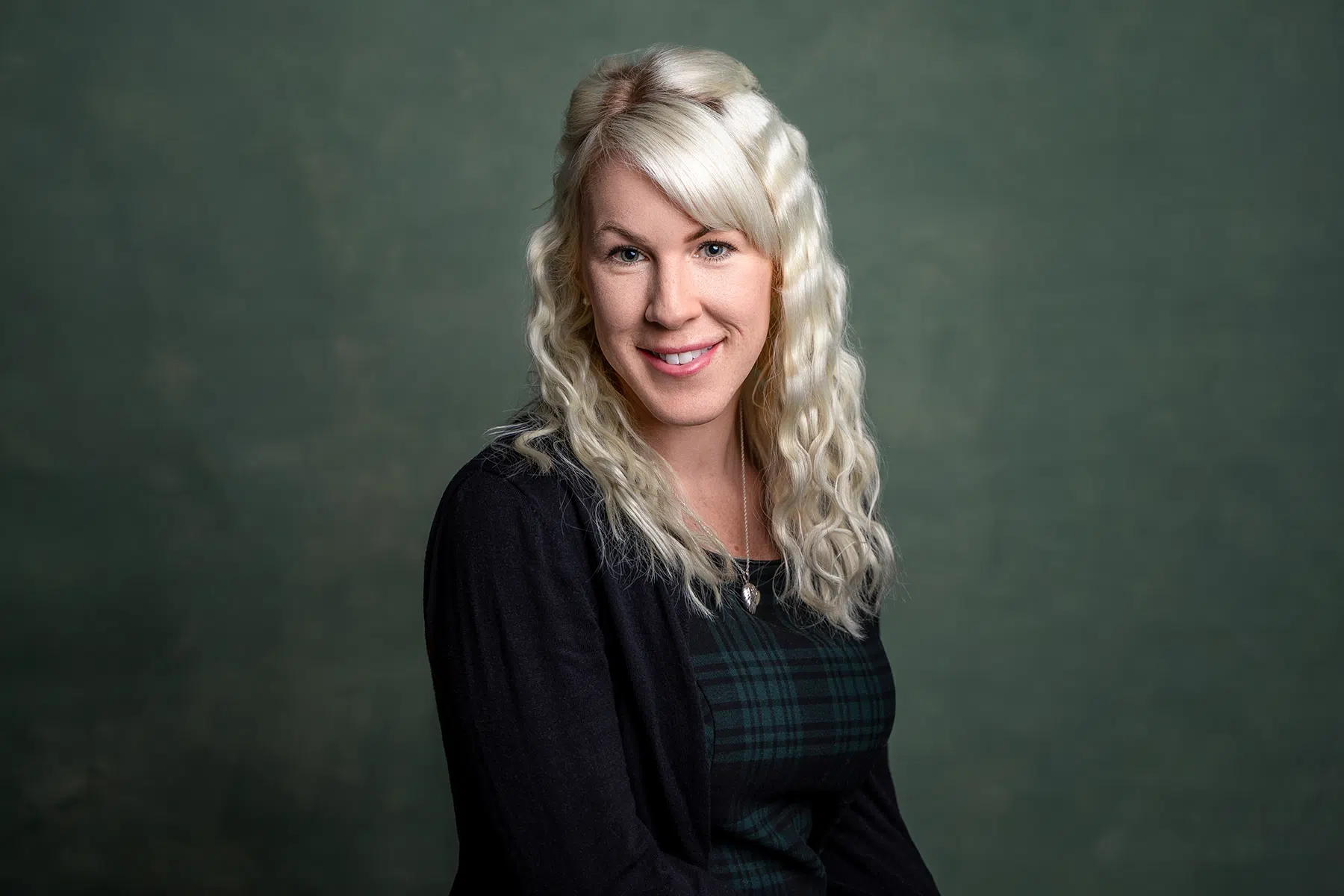
When a person is not able to make decisions for themselves, then someone else will need to be appointed to help them make decisions, or make decisions on their behalf. If they had previously registered a Lasting Powers of Attorney, then the person or people named in the document will be granted the legal powers to do this.
An attorney must make decisions based on the best interests of the person they are representing. Sometimes, particularly within families, not everyone will agree on the decisions that are being made. If you feel that the decisions being made for a loved one are not in their best interest, then there are steps you can take:
- Take a look at the LPA document. If you have access to the document then it would be helpful to review all the details so that you understand the role and responsibilities of the attorney. This document should provide guidance on what actions the attorney is authorised to take and on how decisions should be made.
- Try to talk about your concerns with the attorney. Discuss your concerns with them directly if you can, and clearly express why you believe their actions may not be in the best interests of the person they represent. Seek an explanation and try to find common ground. It’s possible that there may be a misunderstanding, or that they were unclear on their responsibilities.
- Write down your concerns and gather evidence. Keep a detailed record of anything that causes you concern and the actions that have been taken. Any evidence that you have may be useful if you decide to take legal action.
- Consider mediation or a family intervention. If your first attempt at communication with the attorney is unproductive, involving a mediator to help facilitate a resolution could help. A neutral third party may be able to help you communicate better and agree a solution that works for everyone. This could be a professional mediator, or in some circumstances a neutral family member may be sufficient.
- Discuss your concerns with a solicitor. If the situation remains unresolved, you may want to seek legal advice. A solicitor with experience in attorney disputes can provide the best advice and go through what options you have to take action and support you with any applications that need to be made.
- Contact the Office of the Public Guardian (OPG). The Office of the Public Guardian oversees LPAs. You can contact them to express your concerns and seek guidance. They have procedures in place to investigate complaints and take appropriate action.
- If you have serious and immediate concerns about abuse or neglect. If you are worried about the persons safety or welfare then you should also contact the safeguarding team at the local council to report your concerns. If there are concerns about abuse, neglect, or financial exploitation, it’s crucial to address the situation promptly.
Talk to us
If you would like any advice on attorney disputes or protecting a loved one, then do not hesitate to get in touch with our dedicated inheritance disputes team.










